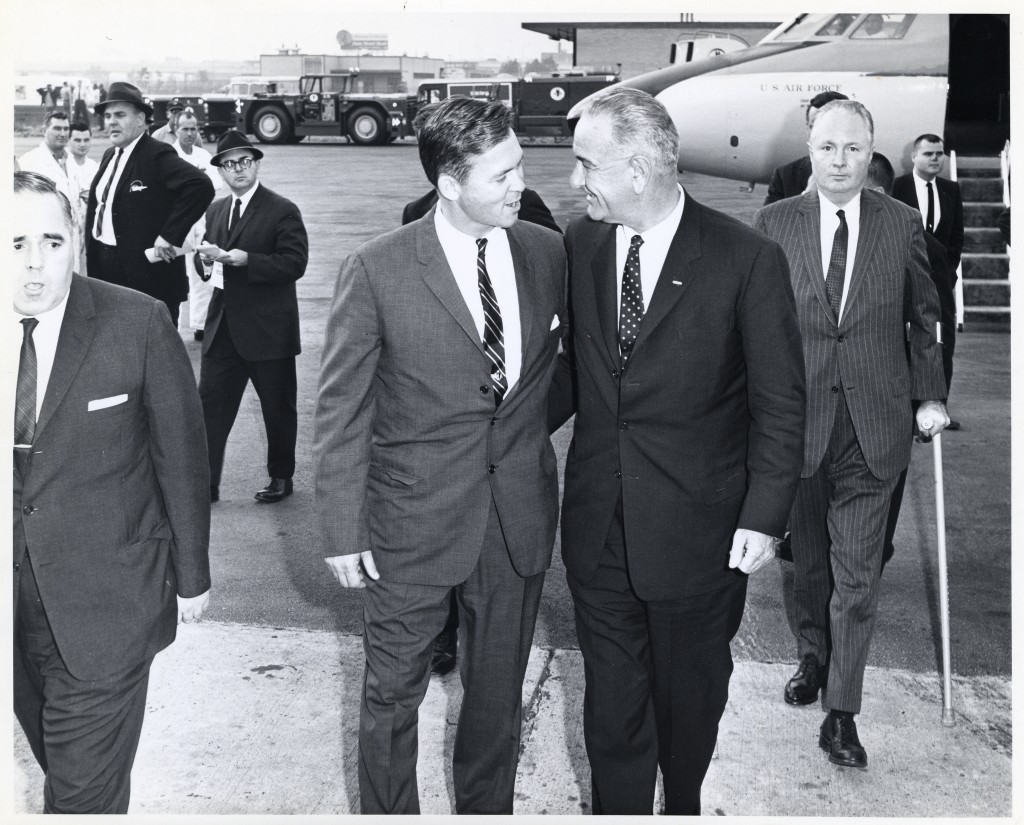
It was a long night for Massachusetts residents and an even longer one for gubernatorial candidates Charlie Baker (R) and Martha Coakley (D). Though Baker eventually took the race acknowledging his win in a non-victory victory speech at 1:30 a.m. Wednesday morning, Coakley didn’t concede until 8:15 a.m. and went to bed the preceding night leaving everyone, including her supporters, waiting with bated breath. As it turns out, this was the closet gubernatorial contest since 1964.
The mid-20th century saw four nail-biting elections and, if you can believe it, this year’s slim 1.9 percent margin is nothing compared to those seen in the 1950s and 1960s.
Before Baker bested Coakley, no race in recent memory was as close as that of 1964 in which John A. Volpe of Worcester defeated Francis X. Bellotti of Quincy by just .96 percent.
Just 12 years earlier, in 1952, Boston’s own Christian Herter got the better of incumbent Paul Devers from Cambridge by just .61 percent.
None of those, however, have anything on the 1962 election. Volpe was seeking reelection after winning his first of two non-consecutive terms but lost to Endicott Peabody, who boasted perhaps the most Brahmin name in the history Beacon Hill, by a mere .25 percent. That’s right, Volpe lost by a quarter of a percentage point, though as aforementioned he’d reclaim the office in 1964.
Not every election has come down to the wire, though. In 1994, Bill Weld defeated challenger Mark Roosevelt by a massive 42.5 percent spread, having secured 70.8 percent of the vote.
Given Massachusetts’s affinity for liberalism with an interesting and contrasting history of conservative governors, it’ll be interesting to see which direction the Commonwealth goes four years from now. In the meantime, we’ll have to see what kind of stuff Charlie Baker, a 2010 gubernatorial hopeful in his own right, is made of.
Here’s hoping he governs with integrity, conviction and distinction.

